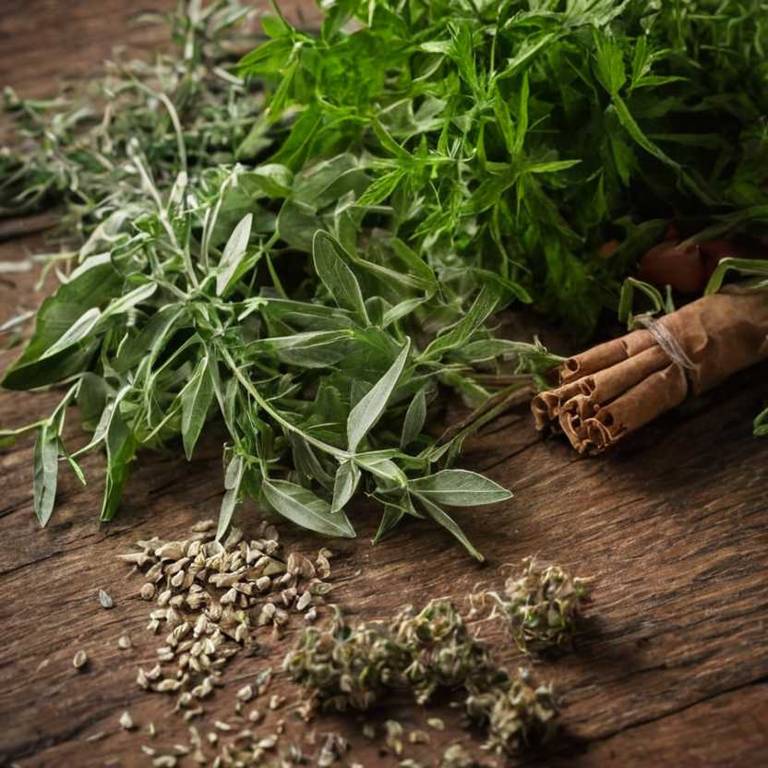Garden Pea (Pisum sativum)
Garden Pea (Pisum sativum) is a member of the Fabaceae family, native to Middle East, Southwest Asia, and Central Asia. Traditionally, its seeds, leaves, and fruits have been used for culinary uses, decoctions, and infusions.
This herb is particularly valued for its tonic, diuretic, and carminative actions, and has a long history of use in european herbal medicine, traditional chinese medicine, and mediterranean herbal traditions.

Quick Facts / Key Information
| Common Name | Garden Pea |
|---|---|
| Scientific Name | Pisum sativum |
| Plant Family | Fabaceae |
| Genus | Pisum |
| Species | sativum |
| Native Range | Middle East, Southwest Asia, Central Asia |
| Plant Parts Used | Seeds, Leaves, Fruits |
| Primary Medicinal Actions | Tonic, Diuretic, Carminative |
| Primary Traditional Systems | European Herbal Medicine, Traditional Chinese Medicine, Mediterranean Herbal Traditions |
| Historical Preparation Methods | Culinary Use, Decoction, Infusion |
Botanical Identity
- Scientific Name
- Pisum sativum
- Common Name
- Garden Pea
- Synonyms / Alternative Names
- English Pea, Sweet Pea, Green Pea
- Plant Family
- Fabaceae
- Genus
- Pisum
Botanical Description
- Growth Habit
- Annual herbaceous plant.
- Height
- It typically grows to a height of 30 to 100 centimeters.
- Leaves
- Simple leaves with dorsiventral coloration, upper surface glaucous green, lower surface pale green, possessing distinct stomatal bands along the midrib.
- Flowers
- Inflorescence consisting of solitary flowers with white or pale violet coloration, actinomorphic symmetry, five fused petals forming a papilionaceous corolla, and a superior ovary with two ovules.
- Stems
- Cylindrical, hollow, articulated, ridged, and pubescent stems with fasciculate branching, typically ascending or decumbent, often with tendrils emerging from axillary buds.
Traditional Uses / Historical Use
Traditional Systems
- European Herbal Medicine
- Traditional Chinese Medicine
- Mediterranean Herbal Traditions
- Ayurvedic Medicine
Historical Preparation Methods
- Culinary Use
- Decoction
- Infusion
- Powder
Medicinal Actions
- Tonic
- In herbal literature, noted as a calming tonic, for long-term use contexts.
- Diuretic
- Traditionally described as a cooling diuretic, for moisture-related balance.
- Carminative
- Historically regarded as a soothing carminative, in relation to gastrointestinal comfort.
- Anti-inflammatory
- As described in traditional systems, a warming anti-inflammatory, for general calming applications.
Active Compounds
- Flavonoid
- A group of naturally occurring compounds commonly present in many flowering plants.
- Phenolic Acid
- Simple phenolic molecules widely distributed across plant tissues.
- Glycoside
- Plant-produced compounds commonly stored in inactive glycosylated forms.
- Coumarin
- Organic compounds biosynthesized as part of plant secondary metabolism.
Modern Research Overview
Scientific research related to this plant is ongoing. This section will be expanded in the future to include summaries of phytochemical studies, laboratory research, and other relevant scientific literature as it becomes available.
Safety & Contraindications
- General Precautions
- The use of this herb may warrant general caution in certain situations.
- Contraindications
- Available information does not clearly establish contraindications for the use of this herb.
- Allergies
- Information regarding allergic responses to this herb is limited.
- Drug Interactions
- Interactions with prescription medications have not been well documented.
- Toxicity
- Available information regarding the toxicity of this herb is limited.
- Pregnancy & Breastfeeding
- Information addressing pregnancy and breastfeeding-related safety for this herb is limited.
Preparation & Usage Methods
- Infusion
- Infusions are commonly prepared using hot water to release aromatic and soluble components.
- Decoction
- This method uses sustained heat to extract compounds from firm plant structures.
- Poultice
- Fresh or dried plant material is applied externally to the skin.
- Culinary Use
- Culinary use includes adding plant material to recipes or beverages.
- Powder
- A preparation created by pulverizing dried plant material.
Growing, Harvesting & Storage
Growing / Cultivation
- Soil
- Prefers loamy soil with well-drained conditions. Typically grows best in organically rich soils.
- Sunlight
- Thrives in full sun. Tolerates full sun to partial shade.
- Watering
- Prefers well-balanced moisture levels. Tolerates moderate moisture fluctuations.
Medical Disclaimer
The information provided on this page is for educational and informational purposes only. It is not intended to diagnose, treat, cure, or prevent any medical condition. Always consult a qualified healthcare professional before using any herb for medicinal purposes.